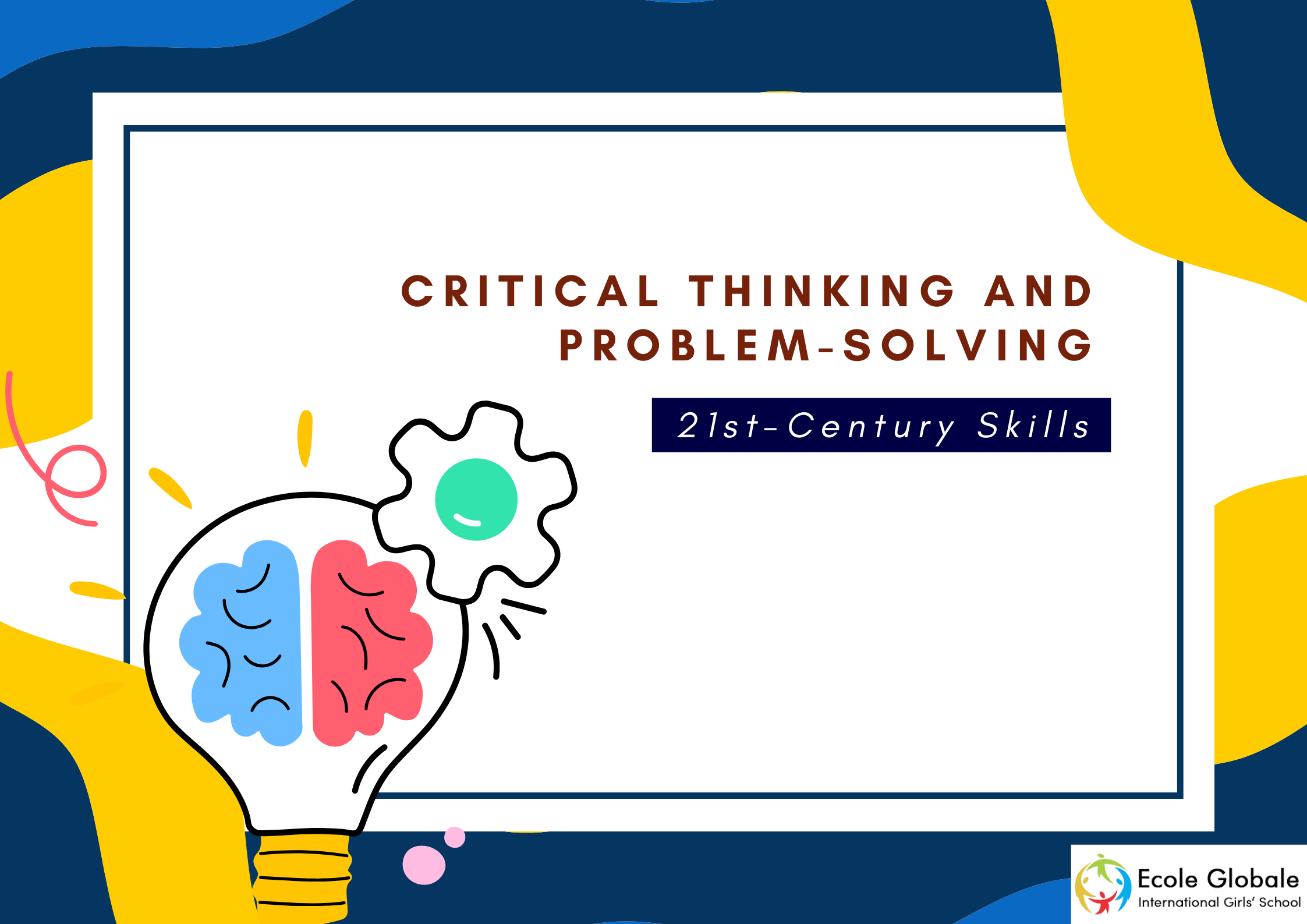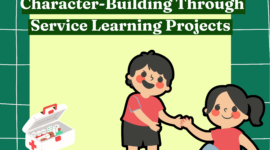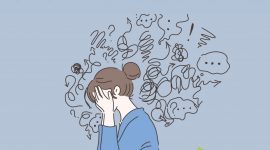In today’s fast-evolving world, education is not just about learning facts, but also about preparing students to handle complex challenges.
At Ecole Globale, a top among all boarding schools in Dehradun the focus is on nurturing essential 21st-century skills, with a special emphasis on critical thinking and problem-solving.
These skills are vital as they empower students to navigate through the complexities of modern life and emerge as leaders in their chosen fields.
21st-Century Skills : Critical Thinking and Problem-Solving
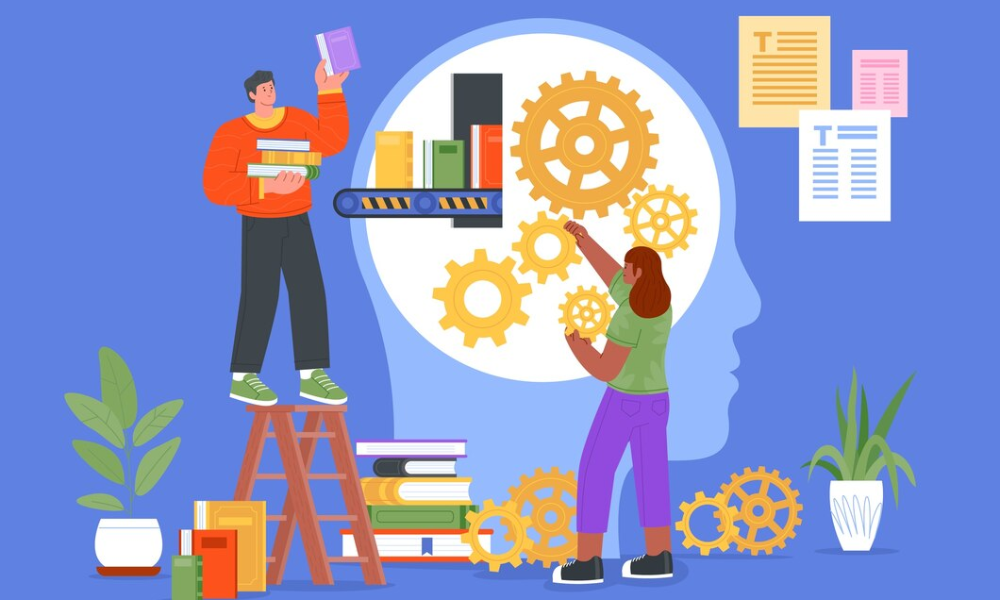
Before delving into how Ecole Globale integrates these skills into its curriculum, it’s crucial to understand what they entail:
Critical Thinking:
This skill involves questioning assumptions, making precise observations, analyzing information, and evaluating arguments logically and objectively.
Problem-Solving:
This ability is about identifying complex problems and developing potential solutions that are tested and then implemented effectively. These skills help students not only in academic settings but are indispensable in personal and professional life.
Integrative Curriculum at Ecole Globale
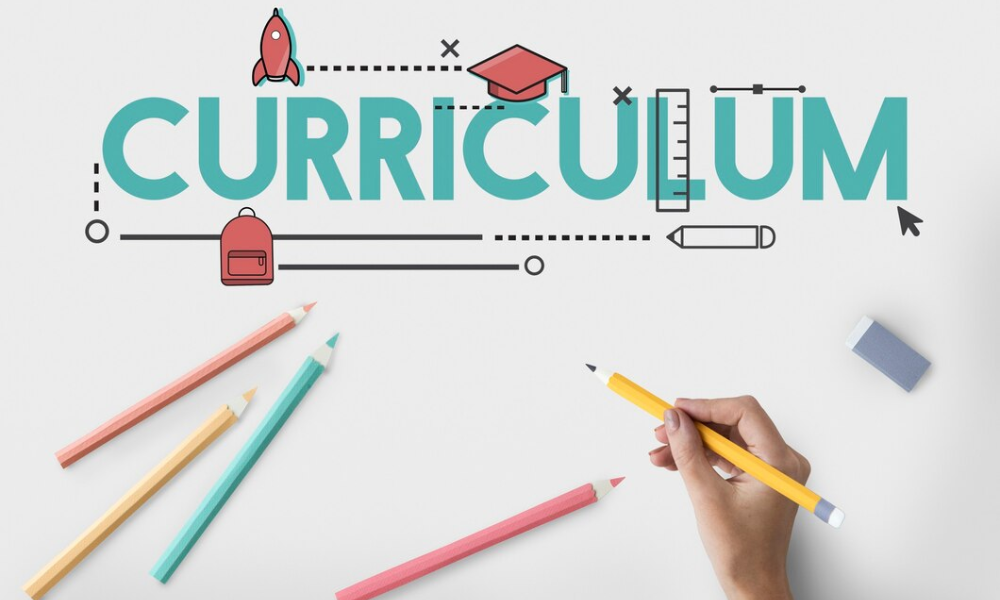
Ecole Globale’s curriculum is designed to foster an environment where critical thinking and problem-solving are at the core of learning.
Here are some key ways these skills are integrated into the daily educational experience:
Interdisciplinary Learning
- Real-World Applications: By connecting different subject areas, students see how concepts apply in real life, which enhances their ability to critical thinking and problem-solving.
- Collaborative Projects: Working in groups on projects that require input from various disciplines teaches students to view problems from multiple angles and devise holistic solutions.
Technology Integration
- Digital Literacy Classes: Students are taught to critically assess digital information, differentiate between credible sources and fake news, and use technology to solve problems.
- Coding and Robotics: Through coding exercises and robotics projects, students learn to break down complex commands into simpler parts, enhancing their problem-solving capabilities.
Fostering an Environment for Critical Thinking
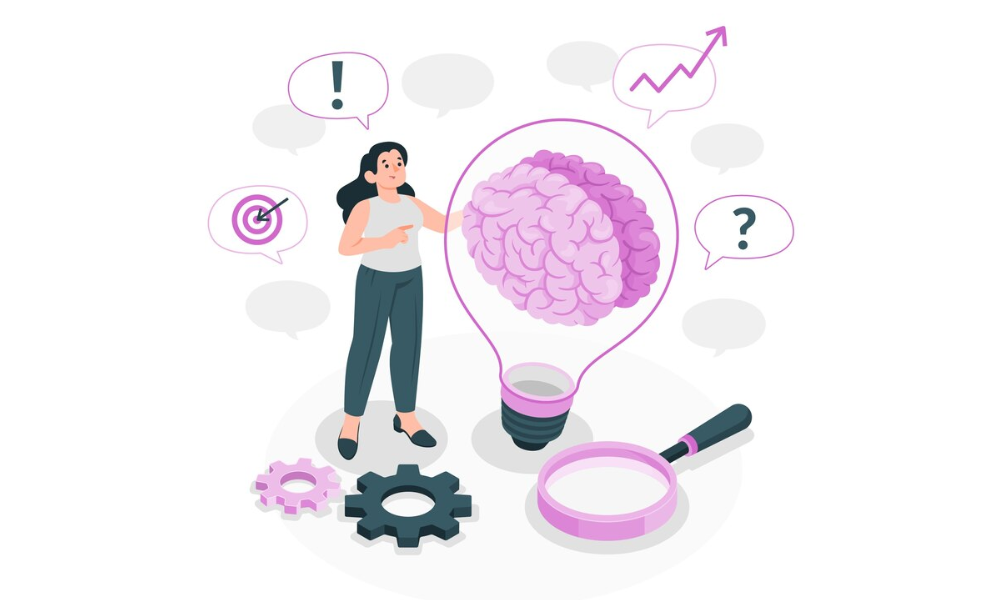
Creating a conducive environment is essential for nurturing these skills.
At Ecole Globale, various strategies are employed:
Socratic Method
- Question-Based Learning: Teachers use the Socratic method to challenge students with questions that stimulate complex thinking and dialogue.
- Peer-to-Peer Teaching: Older students present lessons or topics to younger students, encouraging the younger students to engage and question effectively.
Critical Reflection
- Journaling: Students maintain journals to reflect on their daily learning and the challenges they face, which helps in enhancing their critical thinking.
- Feedback Sessions: Regular feedback sessions with teachers enable students to understand their thought processes and areas of improvement.
Problem-Solving Through Extracurricular Activities
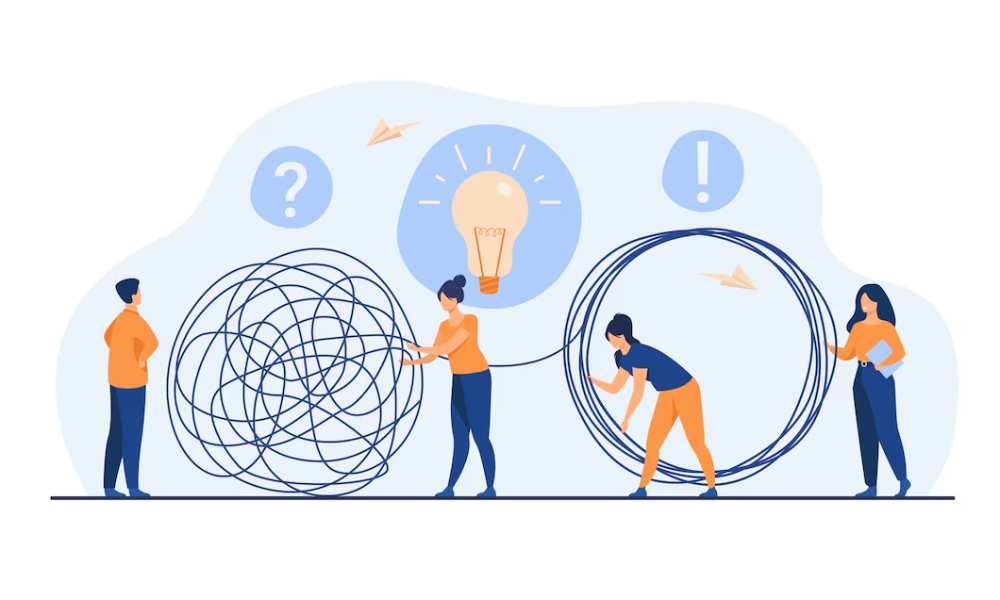
Extracurricular activities are not just for recreation at Ecole Globale; they are extensions of the academic curriculum that enhance critical thinking and problem-solving.
Sports and Physical Education
- Team Sports: Activities like soccer and basketball teach students about strategy, teamwork, and real-time problem-solving.
- Individual Challenges: Sports such as athletics or swimming focus on personal goal setting and overcoming physical challenges through strategic thinking.
Art and Drama
- Creative Expression: Art classes and drama productions provide students with opportunities to express themselves creatively, think innovatively, and solve artistic challenges.
- Interpretation and Critique: Analyzing artworks and performances helps students develop critical appreciation and feedback skills.
Global Perspective and Leadership

Understanding and solving global issues is a critical component of education at Ecole Globale. Students are prepared to think critically about world affairs and contribute solutions.
Model United Nations (MUN)
- Global Issues Debates: Through MUN, students learn about global politics, economics, and social issues, enhancing their understanding and problem-solving abilities in real-world contexts.
- Diplomacy and Negotiation: Participating in simulations of UN meetings teaches students the intricacies of diplomacy and strategic problem resolution.
Community Service
- Local Solutions for Global Problems: Projects that involve working in local communities teach students about the impact of global issues at a local level and how localized solutions can address larger problems.
- Leadership Skills: Leading community projects helps students develop leadership skills, fostering their ability to handle and solve complex problems.
Conclusion
At Ecole Globale, critical thinking and problem-solving are not just academic subjects, but essential life skills that are woven into the fabric of everyday learning.
Through a robust curriculum, dynamic teaching methods, and engaging extracurricular activities, students are equipped to tackle the challenges of the 21st century.
As they progress in their educational journeys, they carry forward the skills of analysis, evaluation, and innovative problem-solving, ready to make informed decisions and lead in diverse fields.
The commitment to nurturing these capabilities ensures that Ecole Globale graduates are not only prepared for the future but also poised to shape it.






